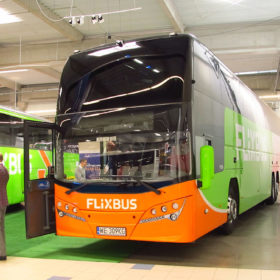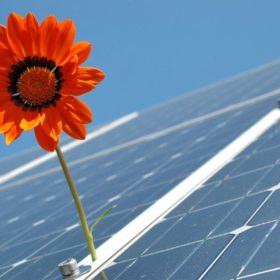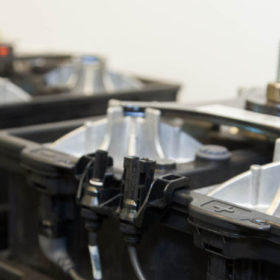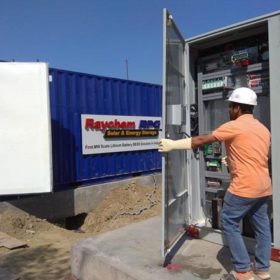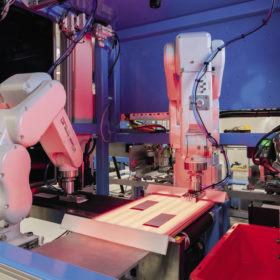How long will the lithium supply last?
Researchers have sounded the alarm. If no serious efforts are made on second-life battery use, recycling and vehicle-to-grid applications, decarbonization efforts may hit the buffers a lot sooner than expected.
India could add 6,490 electric buses in next two years
The country’s electric bus market has gained momentum owing to aggressive government push through FAME India [Faster Adoption and Manufacturing of (Hybrid &) Electric Vehicles in India] scheme and increased interest from global investors.
Study explores feasibility of North India’s renewables transition
The region could, by 2050, cut greenhouse gas emissions from power, heat, transport and desalination which are expected to add up to more than 825 metric tons of carbon dioxide equivalent this year. Such a transition could be perfectly possible, technically and financially.
Tata Motors, Hyundai bag 250 EV supply order from government
The electric vehicles—150 units of Nexon XZ+ and 100 Kona electric—will replace Central and State Governments’ existing fleet of petrol and diesel vehicles.
C-MET seeks co-funding partner for lithium and sodium-ion battery cell manufacturing
The selected party will provide funding support of Rs 4 crore by way of design and development of machinery for lithium- and sodium-ion battery cell manufacturing. September 30 is the deadline to submit the interest.
Engineering drives next-generation solar power in Southeast Asia—Black & Veatch interview
Mitesh Patel, Renewables Director-Asia, US-headquartered EPC player Black & Veatch, speaks to pv magazine about the key trends driving the solar market, especially in Southeast Asia, and strategies to improve the bankability of PV projects.
Flipkart plans complete transition to electric vehicles by 2030
The e-commerce player has worked with design and manufacturing partners to procure electric vehicles (EVs) optimized for e-commerce deliveries. It is also planning to set up the necessary charging infrastructure close to its 1,400 supply chain premises to push the use of EVs.
Epsilon Carbon to make graphite anode materials for Lithium-ion batteries
The coal tar derivates company has commissioned a 5000-tonne per annum facility to manufacture synthetic graphite anode materials for lithium-ion batteries. It plans to invest US$ 70 million (Rs 520 crore) over the next five years to increase this capacity to 50,000 tonnes.
BHEL wins TERI order for battery energy storage systems
The state-owned engineering firm will supply and set up a cumulative 410 kWh of battery energy storage systems in Delhi under UI-ASSIST (US-India Collaborative for Smart Distribution System with Storage) initiative of TERI.
The long read: The state of solid-state batteries
Solid-state batteries hold the potential to overcome many of the limitations of today’s lithium-ion storage technologies. Though they have been a research topic for more than 30 years, and more recently have seen billions of dollars poured into their development by leading carmakers and electronics giants, commercial development is still extremely limited. Major roadblocks remain in the way of both device performance and industrial-scale processing. pv magazine recently caught up with solid-state’s research community for a look at where the technology stands.

